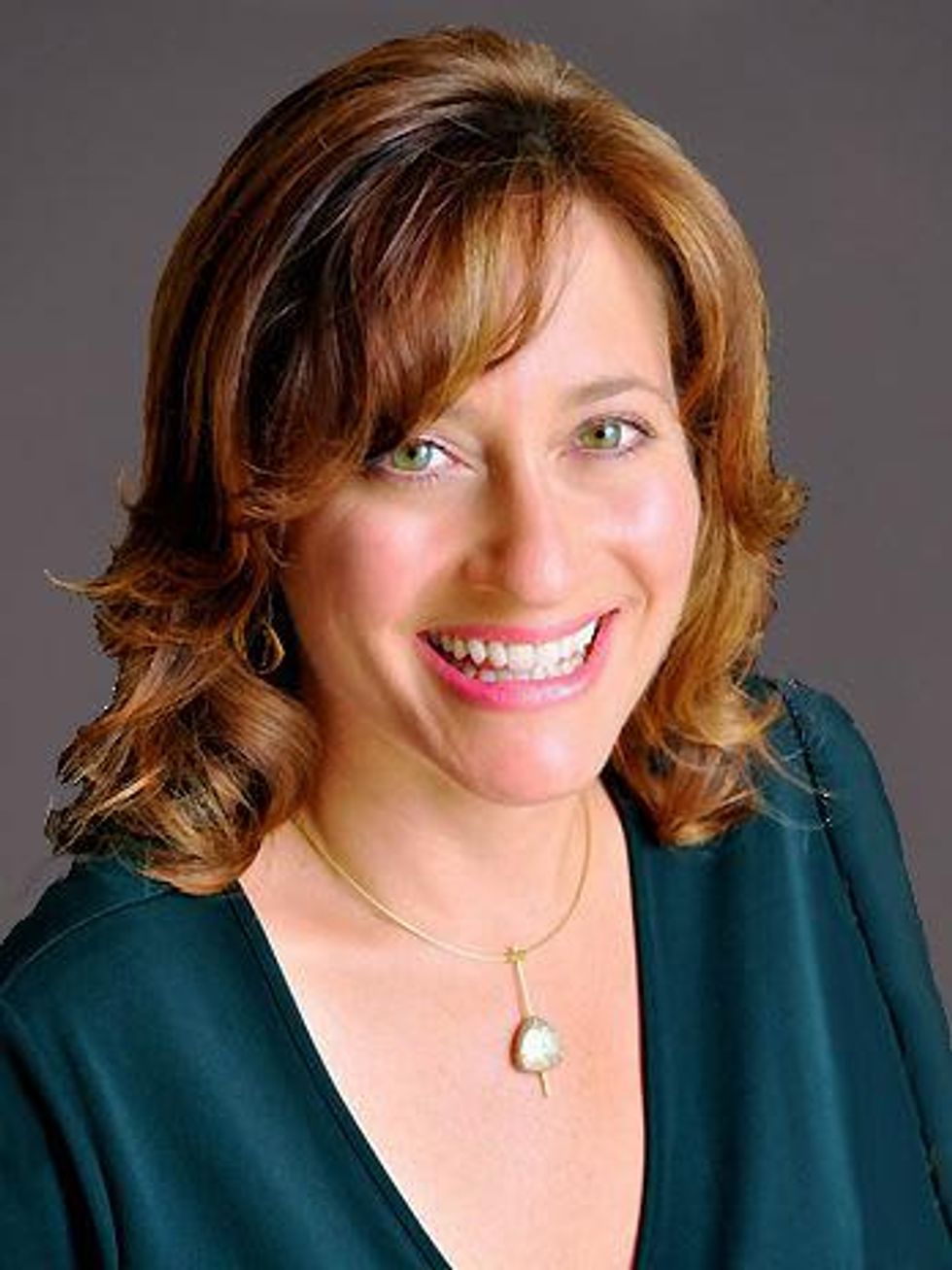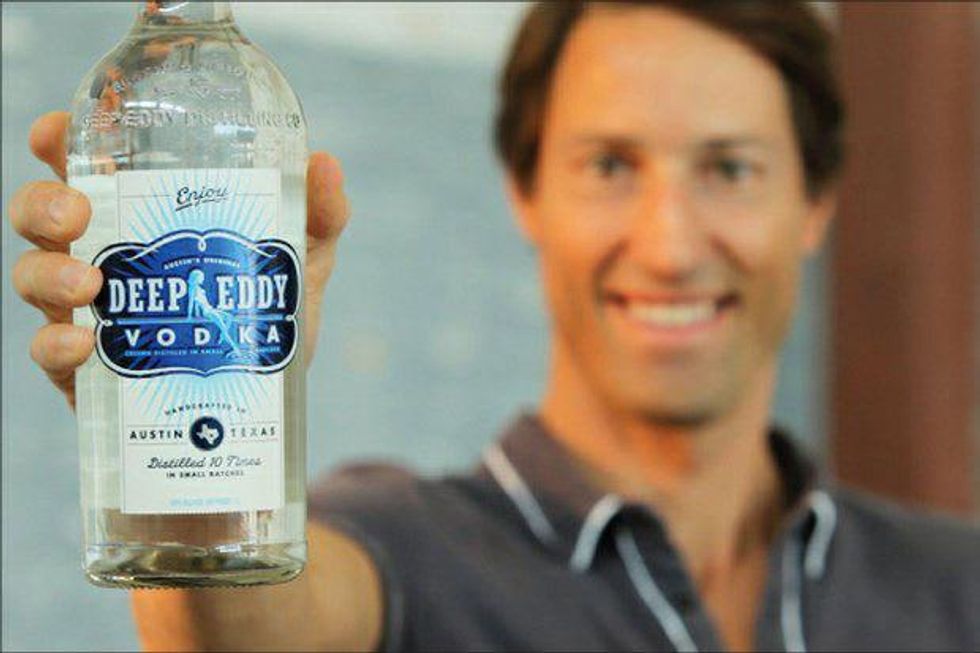Startup Crash Course
Texas-based Incubation Station equips wide-eyed entrepreneurs with business smarts
Angel investors usually don’t have much say in the start-ups they fund, staying up in the heavens (hence the name) waiting for their investments to bear fruit. But Incubation Station believes that the best way to make startups successful is to give them tools — not just money — to grow.
Started in Austin in 2011 by Shari Wynne, who also founded MWR Legal, a law firm for entrepreneurs and startups, Incubation Station is a startup itself. Its purpose is to provide mentorship and funding to handpicked companies looking to grow out of their nascent stage.
“I started Incubation to really help the Austin entrepreneurial community and support diversified industry,” Wynne says. “There wasn’t an organized group to help teach these startups how to structure and scale rapidly.”
Although any investor can provide money, founder Shari Wynne says that what makes Incubation Station distinct are its mentors.
Although any investor can provide money, Wynne says that what makes her company distinct are its mentors.
A veritable all-star list of entrepreneurs and investors from Austin, including founder of Sweet Leaf Tea Co., Clayton Christopher, and Joe Ross, the president of CSID, the mentors cover a diverse range of industries, from tech to cookies. (Tiff’s Treats’ founder Leon Chen is on the team.)
“When we set out to put the group together, it was very intentional to be diverse,” Wynne says. “There were three areas of experience that we wanted: entrepreneurs, industry expertise and money guys. With the mix of those three, you can really bring to bear what’s needed to help these companies grow.”
The mentors carefully select the startups that have the opportunity for large growth based on an established product. In 2012, Incubation Station selected five companies in their first track. Those companies include Criquet shirts, Verb hair care products and a ready-to-drink canned latte called Whynatte.
“The way people are chosen has to do with a number of factors,” Wynne says, “but No. 1 in our selection process is around matching mentors with a consumer product company. We’re looking to keep it diverse, and with the mentors we have, that’s pretty natural.”
Four of the five companies from track one were based in Austin; Whynatte came in from Atlanta. After selection, they attended a three-month class that put them through the ropes on how to specifically build up their company.
“It was essentially an MBA program on their business,” Wynne says. “With the class and the individual mentorship, we looked at how the product is sold, how it’s made, what the vision is for the future. With investments, it’s usually about getting the most money, but we look at raising the right amount of money and knowing what do to with it.”
“When we set out to put the group together, it was very intentional to be diverse,” Wynne says. “We wanted entrepreneurs, industry expertise and money guys.”
Even after the class is over, the mentors continue to work with the companies, often as part of the team or with deeper investments, Wynne says.
This year, Incubation Station is preparing for the beginning of track two. The application deadline is February 15, and the company will host a “Selection Day” in Austin on March 4 at Abel’s on the Lake restaurant to announce the new participants.
So far, Wynne says that Incubation Station has received applications from more than 60 companies, some of which are actually mature with high revenues, looking to take their businesses to the next level. But Wynne doesn’t want to scare away startups from applying.
“We look at the idea, the product, what stage the company is at,” she says. “Revenue is only one factor.”
Incubation plans to take six startups this year — one more than in the last track. The company added 10 mentors and is prepared for the extra load. But as it must practice what it preaches, Incubation is also being careful about how it grows.
“This year, our focus is on the second track,” Wynne says. “We don’t want to be a one-hit-wonder. We’re looking at models to see how we want to grow and expand. There are different kinds of industries and many kinds of ways we can go.”
With the second track coming up soon, Wynne is inviting everyone from Texas and beyond to apply to build the kind of community that Incubation Station initially set out to foster in Austin.
“It’s about providing a viable professional format to bring these startups together,” she says. “Organizing is difficult, but if you give them something to organize around, to get them to figure out what they can give, then it’s easy to get people to participate.”
---
To apply for Incubation Station’s track two program, companies should fill out an online application. Deadline is February 15.


